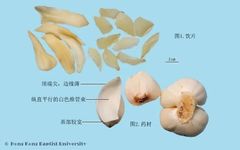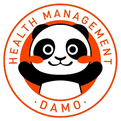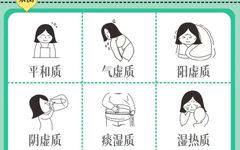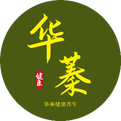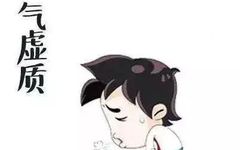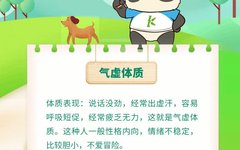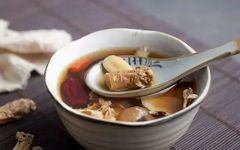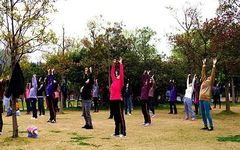Understanding Yin Deficiency Constitution in Traditional Chinese Medicine
“Warm Winter Time” WARM WINTER TIME 2022>>>> WARM WINTER TIME Yin deficiency constitution (Yin xu ti zhi) is characterized by a deficiency of bodily fluids, essence, and blood, leading to symptoms of internal heat. It ranks fourth among the偏颇体质 (pian po ti zhi) types in the epidemiological survey of TCM constitutions in the general population … Read more

